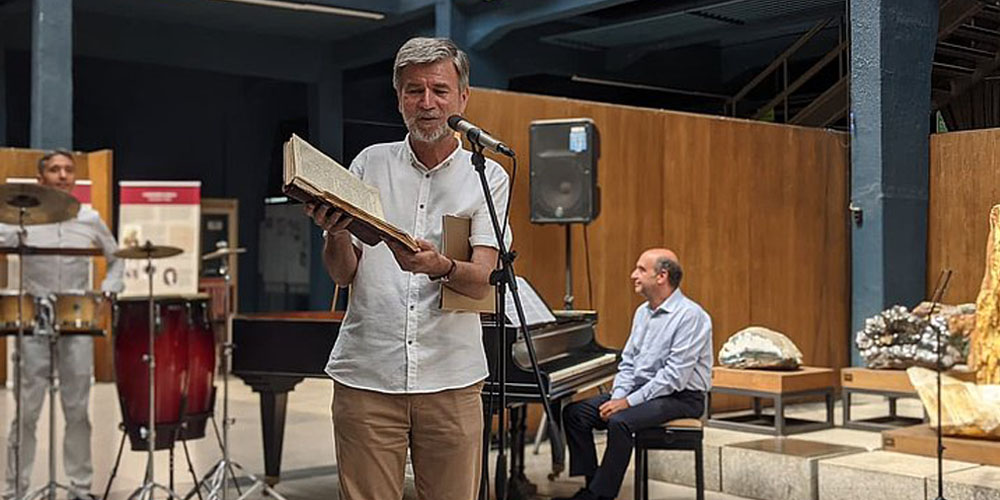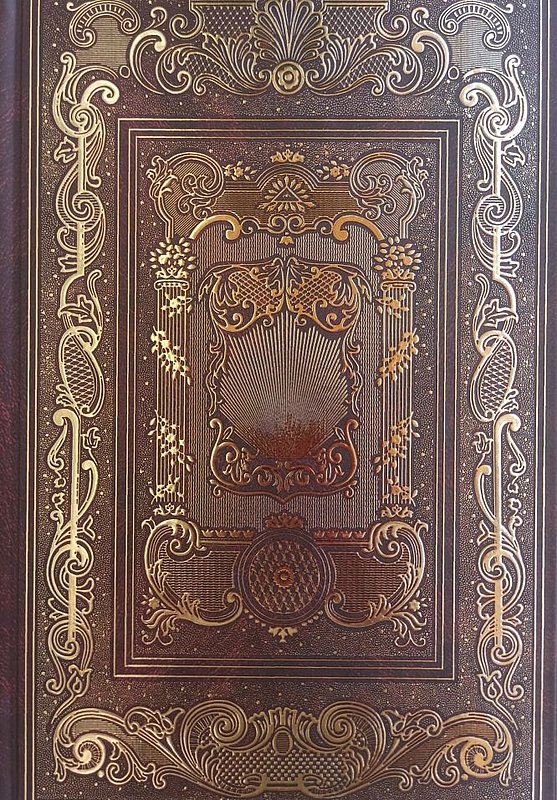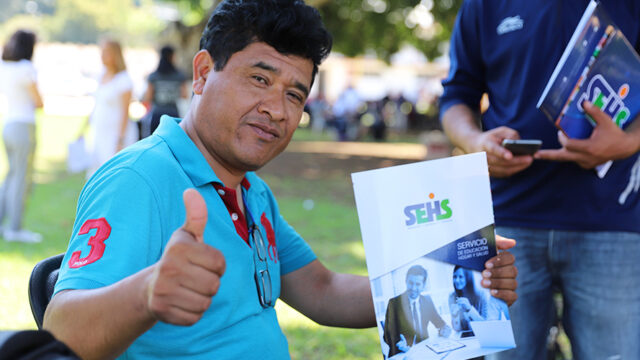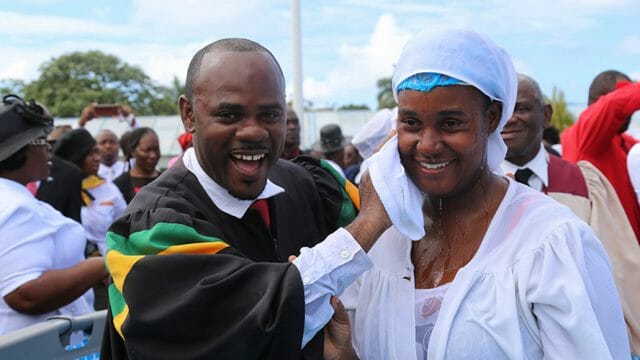Members and leaders are behind the initiative to celebrate 150 years of the Bulgarian translation.

The year 2021 marks the 150th anniversary of the modern translation of the Bible in Bulgarian, the so-called Constantinople Bible. Adventist Laymen’s Services and Industries (ASi) in Bulgaria and the National Literary Museum recently co-hosted a series of events in commemoration of the anniversary.
Two exhibitions, one large and one small, present the story of the modern-day translation of the Bible, with a collection of rare old editions, including the original printed edition of 1871, and a rich selection of exhibits, some of which are being shown for the first time. The exhibition recreates the dynamic times of the past when Bulgarians expressed their desire for education, prosperity, and freedom in a nationwide effort to open up to the world.
Adventist leaders reported that the exhibitions will go on tour and visit 35 Bulgarian towns to present the importance of the Bible both for the past and the present of the country.
One Bible on display, a hard-cover replica of the Constantinople Bible, was printed with phototype, without changes. The cover is decorated with the original ornaments of the 1871 edition, recreated with modern processing and printing technologies.
A team of scientists from the Prof. Ivan Dujčev Center for Slavo-Byzantine Studies at Sofia University St. Kliment Ohridski published an explanatory, historical-analytical book accompanying the translation of the Bible, entitled 150 years of “Constantinople.”
ASi Bulgaria sponsored the production of a special documentary entitled The Secret of the Box, presenting the debate of two teams on the topic of the Constantinople Bible and the relevance of the Holy Scripture for people’s lives.

Popular among young people, escape rooms are part of the exhibit, allowing the adventure-minded to discover the secrets and treasures of this ancient Book. Players are invited to discover clues, solve puzzles, and accomplish tasks to accomplish specific goals.
Both the Bulgarian president, Rumen Radev, and the Minister of Culture, Velislav Minekov, sent special messages to mark the anniversary.
ASi Bulgaria decided to use a unique literary set — the Bible and How the Bible Came into Existence — as Missionary Book of the Year for sharing with the public. Fifty thousand sets have already been printed and distributed, and now organizers expect a second print run of 30,000 copies.
Twice in its history, the formation of Bulgaria as a nation was linked to the Bible. First, Bulgarians got their alphabet in the 9th century AD that would eventually allow them to read the Scripture in their language. Then, after the country’s liberation from Ottoman rule in the second half of the 19th century, the country got the first contemporary translation of the Bible as a unifying agent. During Ottoman rule, Bulgaria had been fragmented into districts, each with its dialect. The Bulgarian edition of the Bible played a vital role in the codification of the Bulgarian literary language.
The foundation for the complete edition of the Holy Scriptures in Bulgaria was laid by American missionaries Albert Long and Elias Riggs. The writer Hristodul Kostovich Sichan-Nikolov and the publisher Petko Slaveykov were hired as the Bible’s translators and editors. Before they began, the highly educated Konstantin Fotinov had worked diligently as a translator and, before his death in 1858, had managed to translate the entire text of the Old Testament into Bulgarian. A translation commission, formed after Fotinov’s death by the two Bulgarian writers and the two American missionaries, performed a remarkable cultural feat.
“The Constantinople Bible resolved the language dispute in Bulgaria and established the Bulgarian literary language,” poet Ivan Vazov wrote. “If we manage to socialize this project, there will be more Bulgarians who will know that the basis of their cultural self-consciousness, their identity, is the ‘Constantinople Bible.’ It doesn’t matter what their religion is. This is the book that has opened the spiritual horizons of the Bulgarian [people].”
The original version of this story was posted on the Inter-European Division news site.








